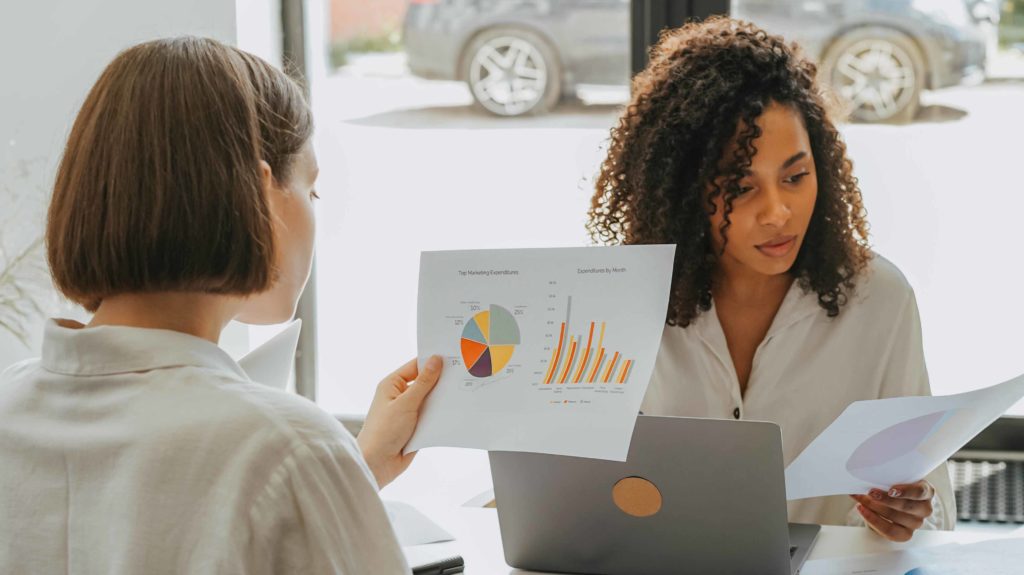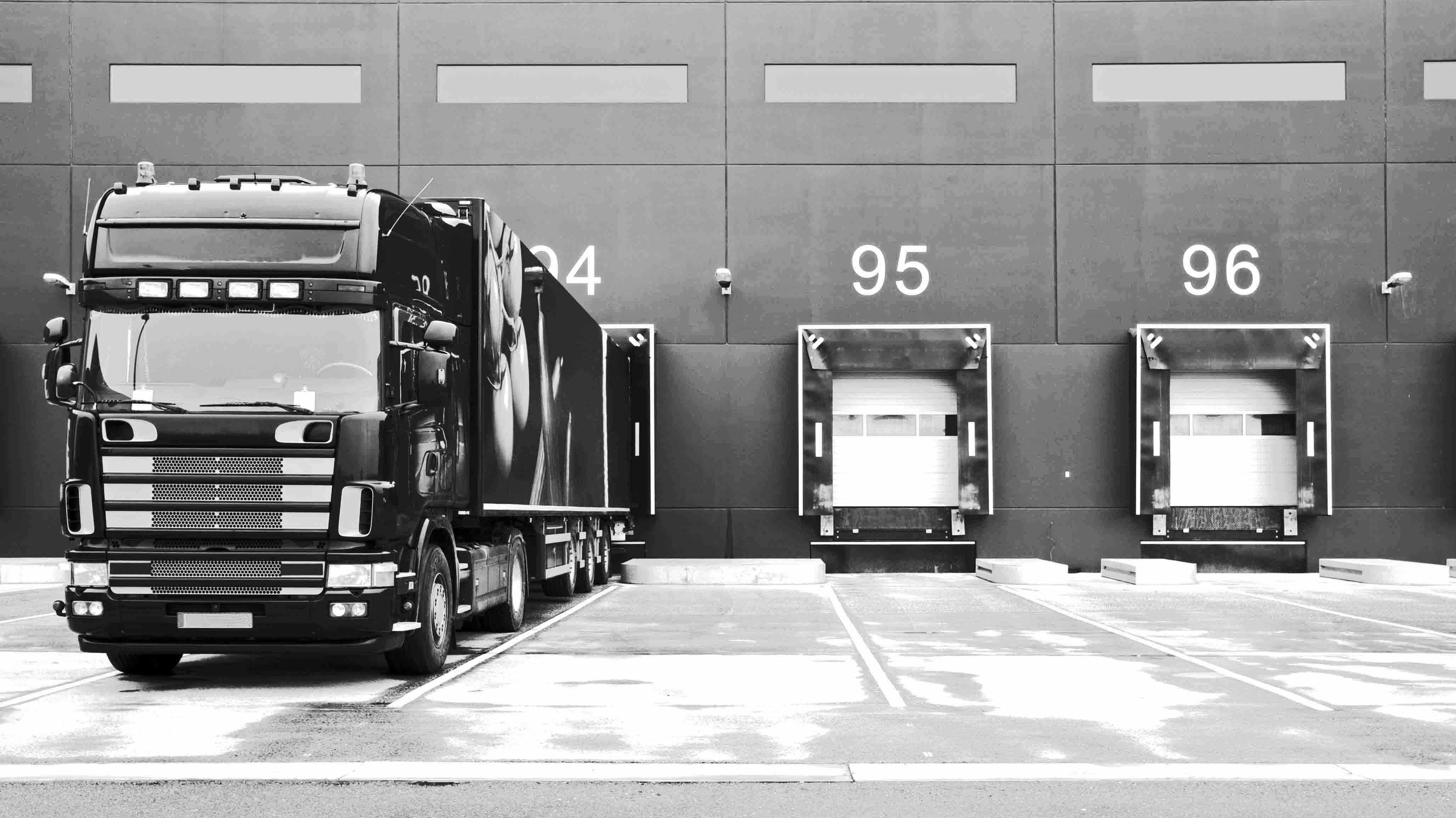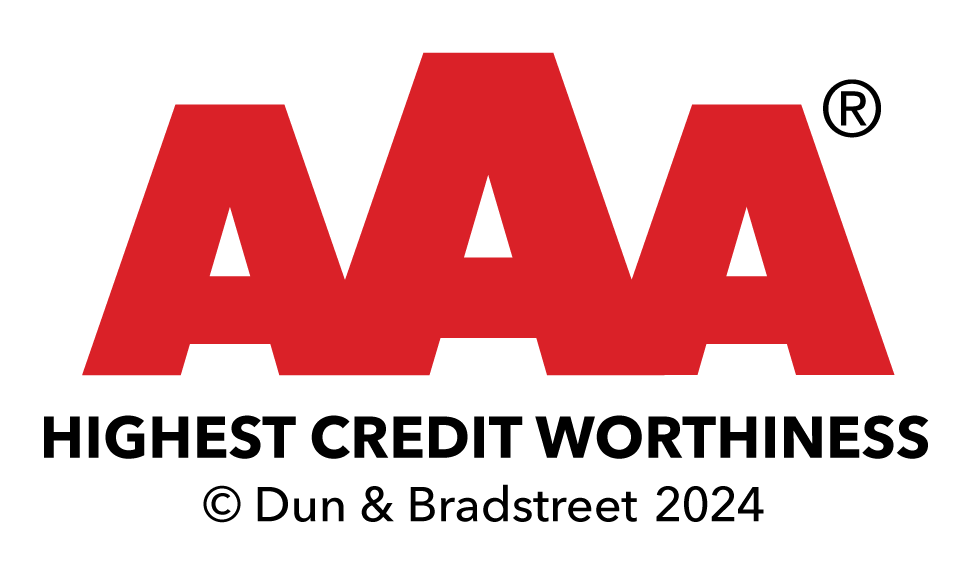The acronym ERP stands for Enterprise Resource Planning – and as the name suggests, an ERP system is a digital planning tool, which purpose is to help companies with planning and managing resources and business processes. An ERP system designed for hauliers and transport and logistics companies can, for instance, include functions such as order handling, dispatching, communication between dispatcher and driver, invoicing, accounts receivable, documentation of customer contacts and reporting.
In many companies it is common to store data in multiple locations. In some cases the employees simply do not have access to the same information as their colleagues. The CEO could also be the only one who has access to certain information, or a large part of the company’s communication could take place verbally. It is also common to use a vast amount of different IT solutions to manage daily routines.
As the company develops and grows, it becomes more important to gather information in one place. The company’s efficiency suffers if employees, for instance, experience difficulties finding orders or gathering information for invoicing. This, in turn, can hinder the company’s growth as potentially valuable business opportunities may be missed. This does not mean that employees are doing a bad job. On the contrary, they are forced to spend valuable time searching for information and handling large amounts of data manually.
The fact that the company’s employees lack the tools to effectively manage information does not only affect the company, it can also affect the customers. It is difficult to give customers the service they want if the employees are spending their working hours trying to coordinate work internally. The risk of mistakes and misunderstandings is growing the bigger the company becomes.
To avoid this problem, information needs to be compiled and stored in a common place that all employees can access. This is where the ERP system comes in handy.
ERP system
An ERP system helps you gather the company’s most important functions in one system. In a haulage company this means that salespeople, dispatchers, drivers, administration staff and management can use one system to carry out their daily tasks. In addition, all relevant information is available to the employees, which means that they don’t have to spend time searching. Modern ERP systems also make it possible to automatically receive and transfer data to other systems with integrations. Such a feature saves the company valuable time and energy.
ERP systems developed specifically for transport and logistics, such as LogiControl, enable seamless communication between dispatchers, customers and drivers. The entire company’s process flow is supported by a system which is comprehensive and designed for the industry. The system automatically registers orders, which are then easily handled in the dispatching view, where dispatchers are in contact directly with the drivers via a mobile application. When the transport is completed, all important information for the finance department is already in the system. In addition to these core functions, the system may also include other supporting functions.
To summarize the benefits of an ERP system, the tool facilitates planning, control and analysis of the company’s business processes. An ERP system can be crucial for the company’s continued efficiency, as well as for the well-being of the staff, as it has the potential to contribute to a less stressed work climate.
What companies use ERP systems?
Both large and small businesses can benefit from an ERP system. Usually medium-sized to larger companies are the ones that have the opportunity to invest in comprehensive systems, but a growing number of solutions that are adapted to smaller companies’ budgets are emerging on the market. One example is LogiControl Basic, which covers the most important features for streamlining a small transport company’s processes.
Whether you own a smaller business or work at a larger enterprise, the system helps you reduce clicks and manual work. This means that you can focus more of your time on practical work and on things that help the company evolve and grow.
Is it time for your company to acquire an ERP system?
To find out if it’s good timing for your company to acquire an ERP system you can ask yourself the following questions:
- When planning and administrating the logistics flow; do some parts take longer time than they should? Could a system with automated functions facilitate this?
- Is the company’s work environment stressful as a result of time-consuming manual work and/or misunderstandings?
- Is the company’s data and information spread across multiple locations? Would it be helpful to store everything in one system?
- Are you perhaps using systems that are not suitable for your business and need a system adapted to your work processes?
- Are you looking to reduce your carbon footprint and contribute to a more sustainable industry? An ERP-system that includes real-time data is a step in the right direction towards a more sustainable transportation industry.
When is it time to invest in an ERP system?
If you answered yes to any of the questions above, it’s time to start thinking about implementing an ERP system in your company. When should this be done then? Below are some examples:
- When the amount of data increases and it becomes difficult to manage the large amount of information in many different software solutions. In this case, an ERP system facilitates both the user’s memory and the company’s efficiency.
- When you are risking problems caused by staff turnover. If one of your employees, for instance a dispatcher changes jobs, important knowledge and data can get lost – making it difficult to replace that person. An ERP system can help you to avoid these kinds of problems also.
- When you realize the benefits of constantly evolving and improving as the needs of the market change. A modern IT-system can give you market advantages that help you compete with other companies in the industry.
This doesn’t mean it’s impossible to function without an ERP system. However, there is reason to consider the long-term benefits of such an investment. If you wait too long to invest in an ERP system, there is a great risk that you will suffer from the shortcomings of a solution that the company has outgrown.
If you want to read more about LogiControl, an ERP system for transport and logistics, you can do so here.
Related articles
Send a sales request
Visiting address
| Yrittäjäntie 7 | |
|---|---|
| 65610 MUSTASAARI FINLAND +358 (0)6 322 6100 |
Support
| Working days (8.00 am – 4.00 pm) | |
|---|---|
| +358(0)6 322 6100 support@logicontrol.fi |





